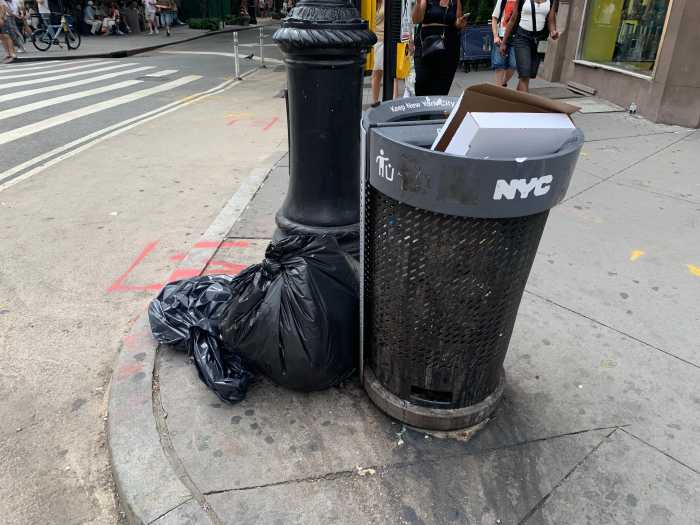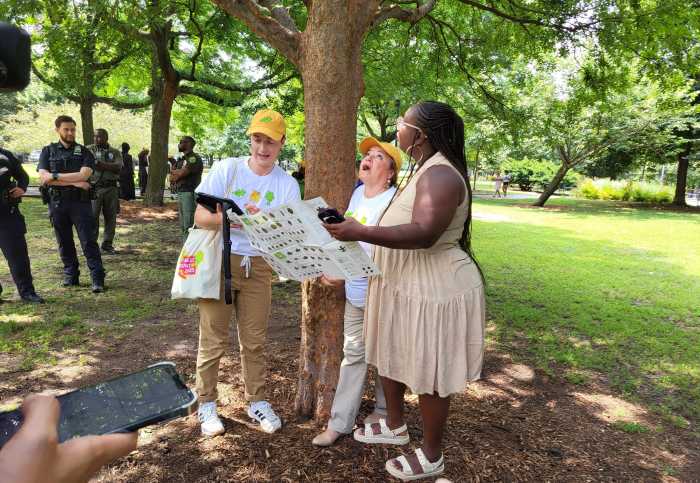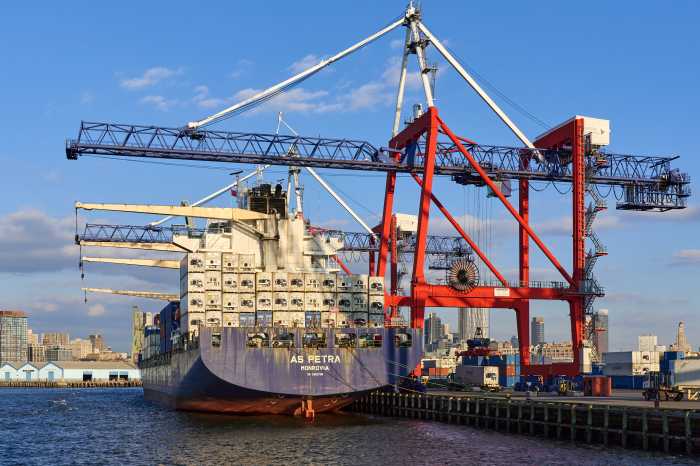What’s the hurry?
The New York City Council is expected to vote Wednesday on a controversial bill that would require dozens of hours of safety training for most construction workers, but which lacks specifics and enough support for small, independent and nonunion construction shops. The bill hasn’t had a public hearing since January despite extensive changes since then in the legislation. But passage now would mean a pre-Election Day legislative victory for members of the council on an issue union leaders have championed. Ah! That’s the hurry!
The council’s attention to the topic, and its other initiatives to improve work site safety and oversight, are laudable. The danger of construction was brought to the forefront last week when two workers at two different Manhattan projects fell to their deaths.
But the latest bill, which would require most construction workers to have at least 40 hours of safety education, which they’d have to get through their companies or unions, or through outside community organizations, is a quick fix that’s incomplete and could create an unequal playing field that won’t necessarily make all job sites safer.
To start, the bill doesn’t specify training topics or which coursework should be required for which occupations, leaving those details to be determined. Even in its latest incarnation, which is better than previous versions, the bill’s requirements and timetables favor union shops over nonunion contractors, and could particularly burden smaller firms that don’t have established training programs. City officials say they’ll make sure there are enough training providers and will provide $5 million in city funds to supplement existing education programs, but it’s unclear how all of that would work in practice.
The City Council has wanted since January to deliver a gift-wrapped present to the unions even though it doesn’t make all construction sites safer. Council members shouldn’t be so quick to vote for an inadequate bill. They should hear and address concerns, add the missing details and get the bill right. Then, the council can establish a strong safety net for all.




































